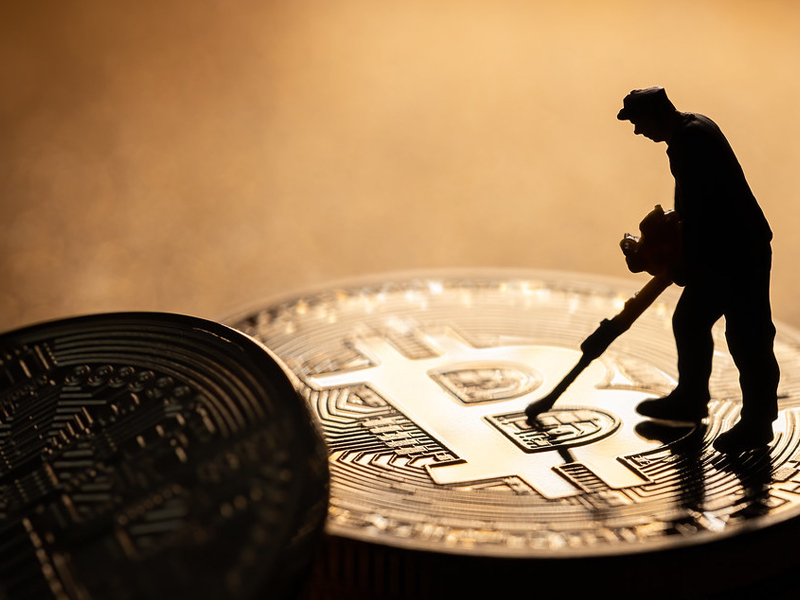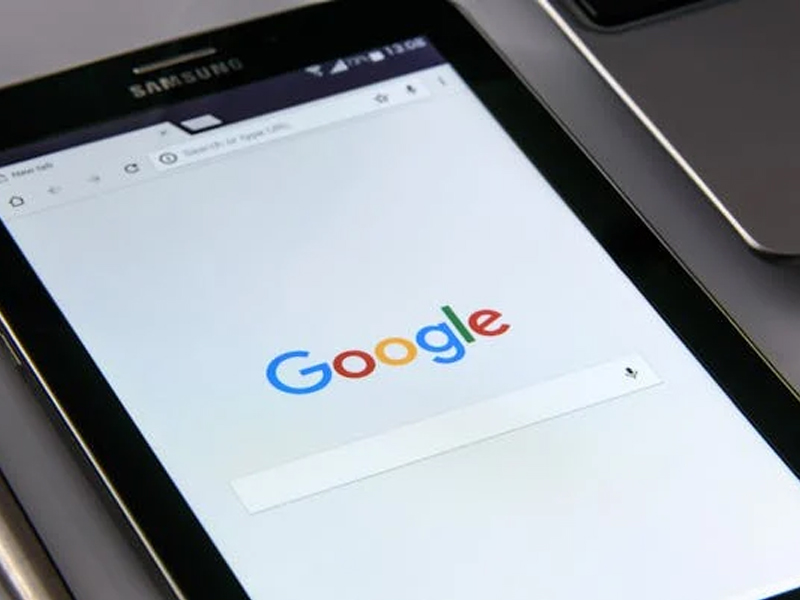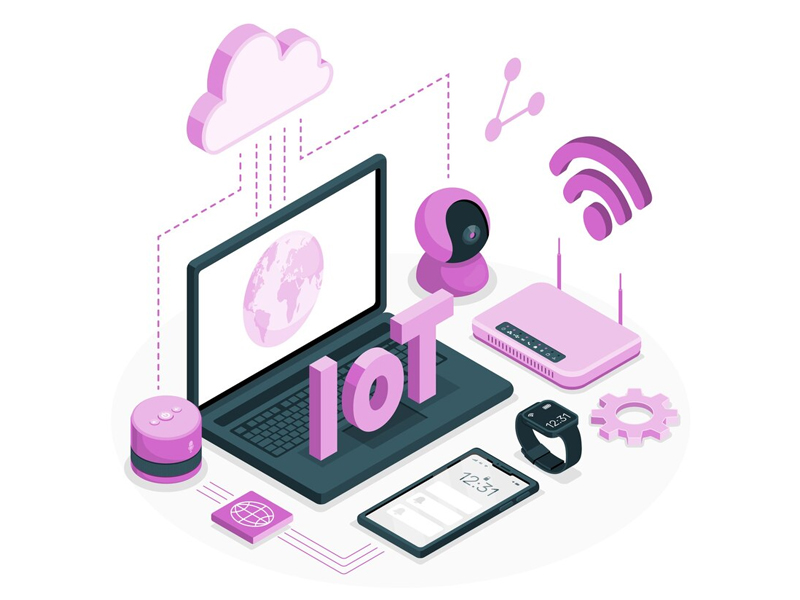iPhone 5 sales even better than earlier thought, Canaccord says
Apple
 Based on channel checks in November, the company has found “very strong sales” of the iPhone 5 at AT&T, Verizon, and Sprint, as well as in international markets. Given the checks, as well as Apple’s strong plans for an iPhone 5 ramp to 240 carriers in 100 countries by year’s end, including China, Canaccord has slightly increased its estimates for iPhone sales in the December quarter
Canaccord now expects Apple to sell 47.5 million iPhones in the current quarter, up from its prior forecast for 45 million. However, it lowered its estimate for the March quarter slightly — now expecting 46 million instead of 47.5 million — as the earlier China launch should pull sales into December.
“Bolstered by the iPhone 5, we believe Apple’s industry-leading software ecosystem and integrated hardware experience will lead to a strong multi-year product cycle,” the company said.
As with previous launches, Apple experienced problems with its supply chain and had a tough time meeting demand. Customers ordering online had to wait several weeks before getting the device, and many stores were sold out. However, there has been a big improvement in ship times, and the iPhone 5 has more recently been in stock in stores.
Based on channel checks in November, the company has found “very strong sales” of the iPhone 5 at AT&T, Verizon, and Sprint, as well as in international markets. Given the checks, as well as Apple’s strong plans for an iPhone 5 ramp to 240 carriers in 100 countries by year’s end, including China, Canaccord has slightly increased its estimates for iPhone sales in the December quarter
Canaccord now expects Apple to sell 47.5 million iPhones in the current quarter, up from its prior forecast for 45 million. However, it lowered its estimate for the March quarter slightly — now expecting 46 million instead of 47.5 million — as the earlier China launch should pull sales into December.
“Bolstered by the iPhone 5, we believe Apple’s industry-leading software ecosystem and integrated hardware experience will lead to a strong multi-year product cycle,” the company said.
As with previous launches, Apple experienced problems with its supply chain and had a tough time meeting demand. Customers ordering online had to wait several weeks before getting the device, and many stores were sold out. However, there has been a big improvement in ship times, and the iPhone 5 has more recently been in stock in stores.
You Might Be Interested In:
- Click, Buy, Pollute? Environmental Impact of Online Shopping and Ways for Sustainable E-commerce
- The High Price of Crypto: Environmental Cost of Mining and Solutions for a Greener Future
- Gemini Evolves: Your AI Assistant on the Go with the New Overlay Feature
- Cloud Storage: Powering Progress or Polluting the Planet?
Frequently Asked Questions?

01
Tech news
Click, Buy, Pollute? Environmental Impact of Online Shopping and Ways for Sustainable E-commerce
Apr 26, 2024

01
Blockchain
The High Price of Crypto: Environmental Cost of Mining and Solutions for a Greener Future
Apr 25, 2024

01
AI & ML
Gemini Evolves: Your AI Assistant on the Go with the New Overlay Feature
Apr 24, 2024

01
Internet of Things
Gearing Up for a Connected Tomorrow: Top Trends Shaping the Future of IoT
Apr 21, 2024
SUSBSCRIBE TO OUR NEWSLETTER
Join our subscribers list to get the latest news and special offers.
Click, Buy, Pollute? Environmental Impact of Online Shopping and Ways for Sustainable E-commerce
The High Price of Crypto: Environmental Cost of Mining and Solutions for a Greener Future
Gemini Evolves: Your AI Assistant on the Go with the New Overlay Feature
Cloud Storage: Powering Progress or Polluting the Planet?